Portraits |
 |
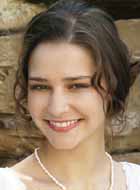 |
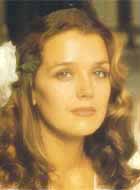 |
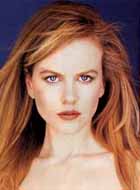 |
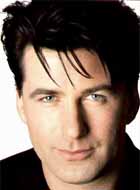 |
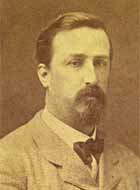 |
|
Don Quixote, The SeekerIntuitive-logical extravert
|
||||||||||
Conceptions without experience are void; experience without conceptions is blind.—Albert Einstein
Don Quixote—a hero or the world's most famous literary work (author: Miguel Cervantes, Spain).
1. Two birds in the bush [he often chooses this option instead of one in his hand]. He is a genius at finding new opportunities and possibilities. What he has completed always seems to him less important compared to the dawning perspectives which are irresistible an inexhaustible. Scientists of this type tend to procrastinate with the publishing of the results of their research, thinking that the greatest discoveries are still ahead. He lives for the future; meanwhile being not acknowledged does not intimidate him. He chooses to do what is interesting rather than what is lucrative.
2. Recharge. He needs to feel emotional enthusiasm and ardor, and thus needs permanent sensory and emotional "recharge". He is unable to supply it himself, so he depends a lot on his surrounding. If nobody feeds him with impressions and positive emotions (nobody can do it as well as his dual The Mediator) – he mopes about life, loses ability to work and taste for life. To compensate for the absence of his dual he begins to mix with a lot of friends, becomes active in social projects, starts up clubs or scientific schools (Sigmund Freud, a representative of this type, invented the concept of sublimation to explain this fact).
3. A leader. He is a good organizer because he remarks potential possibilities in people and situations. If he is to wield power, he needs justification for it: why he must take that position, e.g. a critical situation that nobody else can deal with, assignment from the top. When he takes power, he begins to analyze the needs of his subordinates, tries to provide them with everything and only then makes the necessary demands on them.
4. A servant. His dependence on the emotional ambiance of others produces an effect of extreme compliance in minor and routine things. Having freed himself thus from having to pay attention to such unpleasant things, he switches for his favorite activity – figuring out the essence of things and phenomena. He does not differentiate people into “us” and “them”, tries to be equally polite to everybody.
5. Undifferentiated feeling. He believes that all people in their essence are kind and love one another. Therefore he looks funny enough when the situation requires initiative in expressing feelings – they are not his line at all.
6. Danger. Critical situations pep him up as much as good others’ emotions. The more emotions and panic there is around him, the more active and assertive he becomes. It is impossible to intimidate him – an attempt to do so produces just the opposite outcome. He willingly takes responsibility in critical situations; however, in peaceful and quiet conditions he starts to doubt his right to occupy a responsible position, gets frustrated by the competition and leaves.
7. Liberty of communication. He likes familiarity in communication, however, does not show initiative in this, but awaits it from others.
Your dual (psychologically complementary type): Dumas, The Mediator (sensory-ethical introvert).
One more description of this personality type (by Victor Gulenko, Ukraine, 1991, translated by Sergey Ganin, Great Britain, 1998).
The Inventive ENTp by Reuben McNew.
If you find any contradiction between the above descriptions, would you please report them at one of socionic forums (see the top left menu).
Celebrities of this type
|
|
Portraits |
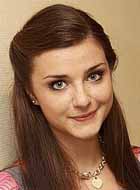 |
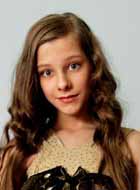 |
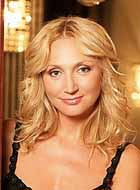 |
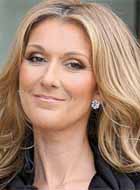 |
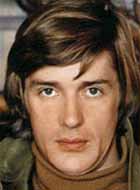 |
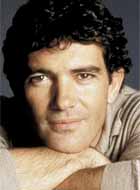 |